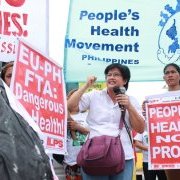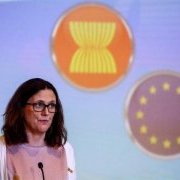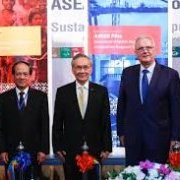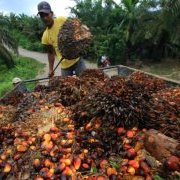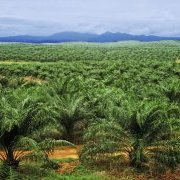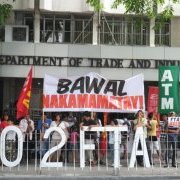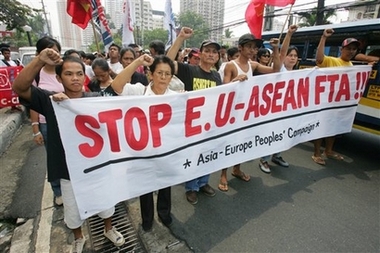
The European Union was planning on a bilateral trade agreement with the Association of South East Asian Nations (ASEAN) for many years. On 4 May 2007, the two sides agreed to start negotiations.
The EU-ASEAN FTA is supposed to be a comprehensive agreement. While ASEAN states are hoping to gain additional market access in the EU, the agreement is expected to have a much bigger impact in strengthening business opportunities for European TNCs in the region.
The talks have moved slowly and it’s not clear if the final deal will take the form of separate agreements between the EU and individual ASEAN members, something the EU seems to prefer. This would allow European governments to avoid taking on any commitments that support the regime in Burma but also to deal with the economic heterogeneity among ASEAN members.
EU procedures require that all ASEAN countries sign a Partnership Cooperation Agreement, containing a commitment to human rights, as a prerequisite to an FTA. Indonesia has already concluded its PCA with the EU, Singapore and Thailand are in advanced stages of negotiations, and Vietnam, Malaysia and Brunei are soon to begin. The Philippine government stated early on that it expects problems in negotiating a PCA, as the agreement apparently requires that the signatory state join the International Criminal Court.
Click here for the European Commission’s page on the EU-Indonesia FTA
last update: May 2012
photo: People’s Health Movement




